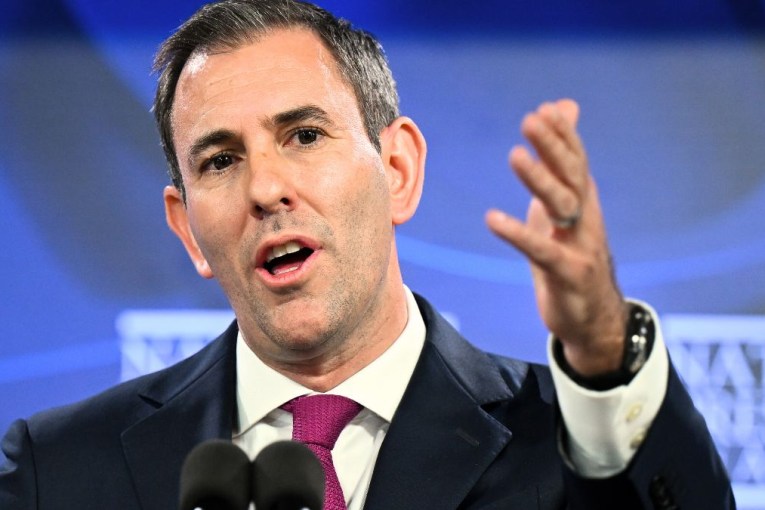Will cheap fuel mean cheaper air travel? Not likely

Air travel is unlikely to get any cheaper for consumers even though aviation fuel costs almost half as much as it did a year ago.
Instead of passing on the savings to customers, airlines such as Qantas, Emirates and America Airlines say they will use the cheaper oil price to improve profitability and invest in their businesses.
On Tuesday, Qantas announced that it would not be lowering the controversial ‘fuel surcharge’ on international flights in line with lower fuel prices. Instead, it would “gradually” incorporate the surcharge into its base fare.
• Cheap fuel to boost Qantas profits
• Cheap fuel: is really such good news for consumers?
This is good news for frequent flyers, as they will no longer be charged as much on extra fuel charges when redeeming points. However, for all other passengers there will be no change.
Virgin Australia made a similar announcement last Thursday, saying it would incorporate the $680 fuel surcharge on flights to the United States into its base fee. It passed on a small saving to passengers, reducing the price of a ticket by $40.

Senator Nick Xenophon called the fuel surcharge a ‘bogus’ charge. Photo: AAP
A ‘bogus’ charge
The price restructure came after both airlines came under pressure to explain why they had not lowered the surcharge when fuel prices plunged in December.
Influential independent senator Nick Xenophon called the surcharge “bogus”, and asked the Australian Competition and Consumer Commission (ACCC) to investigate, which it is now doing.
“If the charge is related to fuel then it should be falling. Otherwise Qantas appears to be engaging in misleading and deceptive conduct and I’ve asked the ACCC to investigate,” Mr Xenophon said.
Qantas’ and Virgin Australia’s decision to incorporate the surcharge into their base fares could be read as an admission that its relationship to the price of fuel was indeed “bogus”.
Should consumers feel hard done by?
As a business, Qantas is hardly raking it in. Last year, Qantas International actually lost half a billion dollars.
The airline industry is incredibly competitive, and so far consumers (and senior executives) have been the big winners. Qantas employees, meanwhile, have faced massive job cuts, while shareholders have seen falling share prices.
According to CEO Alan Joyce, cheap fuel is therefore a chance to invest in the business.
“In a highly competitive environment where customers are already paying less than they were several years ago, lower oil prices can help put the industry on a more sustainable footing,” he said.
“It means airlines are in a better position to invest in the new aircraft, new lounges and new routes that ultimately benefit customers.”
What will other airlines do?

Qantas CEO Alan Joyce says competition, not fuel prices, will dictate fares. Photo: Getty
Qantas may not lower fares as a direct result of the lower fuel price. But other airlines might. Qantas’ policy is to set its fares according to the market, and if the market prices cheaper fuel into fares, Qantas will also have to lower its fares or risk losing customers.
Whether this happens remains to be seen. Most airlines buy their fuel using a system called ‘fuel hedging’, whereby they agree the price months in advance. Qantas told The New Daily that, thanks to fuel hedging, only about 70 per cent of the fuel it buys over the next six months will benefit from the cheaper prices.
However, as this figure reaches 100 per cent, the likelihood of fares coming down will increase.
But so far many airline bosses are saying the same thing as Alan Joyce.
American Airlines president Scott Kirby put his airline’s position bluntly: “Air travel remains a great bargain. We’ll continue to keep it a great bargain for customers. But in a strong demand environment, we don’t have plans to go off and just proactively cut fares.”
Emirates, Qatar and Delta Airlines all made similar comments.
As long as this remains the majority position, cheap oil will make little difference to the cost of air travel.








